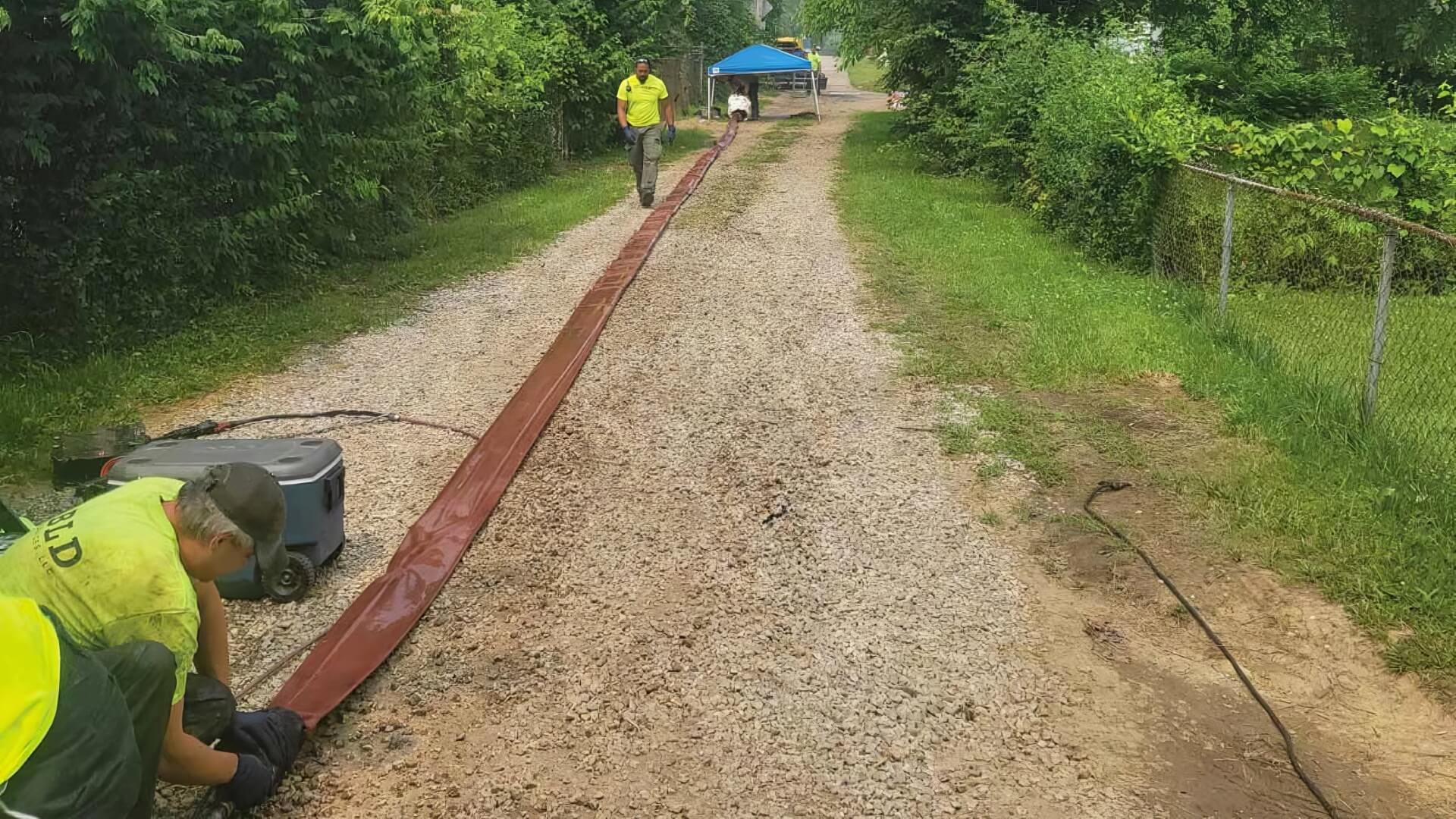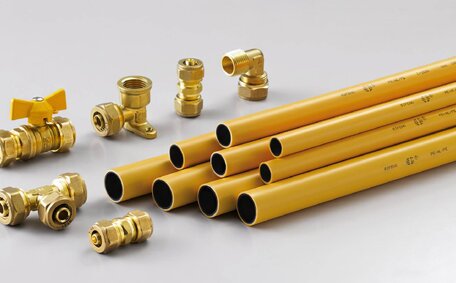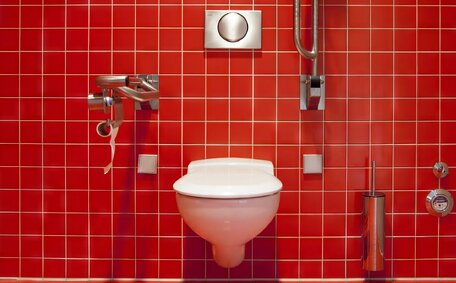The Evolution of Gas Appliances
Since the first gas stove patent in 1826, gas appliances have experienced significant evolution. In the 19th century, gas lighting and heating transformed Australian homes and cities. Today, gas is utilised in more than 60% of Australian households for fundamental requirements like cooking, gas hot water systems and space heating.
Gas appliance technology is rapidly evolving to address modern environmental concerns and energy efficiency demands. There has been a strong industry focus on developing more advanced combustion technology, heat exchangers and burners to minimise gas usage while retaining performance.
Some of the latest gas water heaters now utilise condensing technology to capture waste heat, making them 30% more efficient than standard models. Intelligent controls allow gas appliances to modulate operation based on real-time demand, greatly improving energy efficiency.
Green hydrogen and biogas represent promising sustainable home energy solutions, supported by policies including those from the Victorian Government. Trials managed by Energy Networks Australia are underway across Australia to inject renewable gas into the existing gas network, paving the way for lower carbon footprint homes of the future.
While the electrification movement promotes alternatives like heat pumps, induction cooktops and reverse cycle air heating, Integrating modern, efficient gas appliances with solar and battery technology may offer Australian households a comprehensive, sustainable energy solution in the near future.
Innovations in Efficient Gas Stoves
Contemporary gas stoves incorporate cutting-edge burner and heat exchanger designs for improved combustion and efficient hot water heat transfer. Companies like Electrolux have developed innovative cooktops with high-performance burners that can reduce gas usage by up to 30% while retaining cooking power.
Improved simmer control and turbo power features of these stoves provide efficient, adjustable flame for diverse cooking requirements. The latest models also incorporate smart electronics that detect pan sizes and shapes, concentrating heat where it’s needed most for both heating and cooking purposes.
Enhanced insulation reduces heat loss around burners and ovens, concentrating energy for faster and more energy-efficient cooking. These advanced stoves quickly recover lost heat once the door is opened, reducing energy costs and providing hot water efficiently.
The integration of user-friendly digital interfaces and gas electric automatic pre-heating also ensures optimal performance and temperature precision for different cooking modes like grilling, baking or air frying.
By integrating solar panels with the newest energy-saving gas stove innovations, Australian households can enjoy the speed, controllability and flexibility of gas cooking with a greener footprint.
Modern Gas Heating Systems
Modern gas heating systems boast remarkable advances in efficiency and environmental performance, well-suited for space heating and cooling. Advanced flue technology now captures heat that would previously have been lost through the chimney, transferring it back indoors. Some condensing boilers can achieve over 95% efficiency by utilising this technology.
Thanks to smart digital controls and sensors, These heating systems automatically adjust to household needs, ensuring optimal gas usage. New-generation near zero NOx emissions not only minimise outdoor air pollution but also contribute to healthier indoor air quality.
Sydney households can slash their energy expenses by hundreds of dollars annually by replacing gas furnaces over a decade old with modern high-efficiency models. They heat up faster while producing more evenly distributed warmth through innovations like two-stage heating and variable speed fans.
New gas heating systems also offer improved safety features, including built-in carbon monoxide sensors and automatic shut-offs. They run at lower surface temperatures, reducing any risk of burns from touching hot panels. A scaled annual service helps maintain optimal efficiency and performance.
Despite alternatives like electric heat pump systems, the efficiency of modern gas heating remains unmatched for whole-home comfort, particularly in cooler climates such as Sydney’s. Supporting existing gas infrastructure reduces the embodied carbon emissions from manufacturing new systems as well.
Advanced Designs for Gas BBQ Grills
Modern bottled gas BBQ grills incorporate innovative features that enhance efficiency, convenience and the overall outdoor cooking experience for Australian households. Companies like Weber are at the forefront of this through designs tailored for barbecuing meats, seafood and vegetables popular in the Coogee area.
Many new models utilise improved burner technology that enables better heat control across the entire grill surface. Rearranging burners into zones paired with smart electronics ensures more even cooking with minimal flare-ups. Integrated sensors automatically adjust the gas flow rate to accelerate preheating while using up to 30% less gas once optimal temperatures are reached.
User-friendly design features like side tables, storage racks, built-in thermometers and gas hot lighting create a more streamlined entertaining area. Tuck-away rotisserie burners, hybrid fuel options allowing both gas and charcoal cooking in one unit, and weather-resistant construction suit the Australian preference for year-round barbecuing.
High-efficiency gas BBQ grills offer Coogee locals the convenience of outdoor cooking with the added benefit of improved sustainability. Easy ignition, rapid heating, precise control and simple cleanup make these the ultimate addition to backyards.
Transitioning to Renewable Gas
The gas industry has set an ambitious goal to achieve 100% renewable gas in distribution networks by 2050, marking a pivot away from fossil fuel reliance. Transitioning from traditional fossil fuel-based natural gas to sustainable alternatives such as hydrogen and biogas is central to this goal.
Gas appliance manufacturers and service providers, including Coogee Plumbing, must adapt their offerings to be compatible with renewable gas sources. As hydrogen and biogas have different combustion properties to natural gas, modifications are required to enable optimal and safe performance.
Appliances must be engineered with modified burners, pipework, and controls to be compatible with hydrogen and renewable gases. New standards for hydrogen-ready appliances are already being developed.
Coogee Plumbing is actively upskilling technicians in renewable gas safety and appliance retrofitting services. By partnering with manufacturers and staying abreast of the latest developments, we can ensure new home owners can continue benefiting from gas without compromising sustainability.
The renewable gas transition brings enormous potential, including the opportunity to take your home off gas fossil fuels. Existing infrastructure can be repurposed, and homes can reduce emissions without substantial disruption or electrification costs. While the timeline and methods for achieving 100% renewable gas continue evolving, Coogee Plumbing stands ready to adapt our services for this efficient electric cleaner future.
Hydrogen and the Future of Gas
Hydrogen fuel presents an exciting zero emissions opportunity for future gas appliances. When burned, hydrogen emits only water vapour without any greenhouse gas emissions like carbon dioxide or other gases. Companies like Rinnai and Heatlie are actively developing hydrogen-ready appliances compatible with hydrogen blends.
As trials proceed to introduce hydrogen into the gas network, it’s anticipated that renewable hydrogen may constitute more than 10% of gas supply by 2030. As production scales up, some experts predict 100% hydrogen networks by 2050.
For homeowners in Coogee and across Sydney, this transition could enable gas appliances to become near zero-emission while retaining the reliability, controllability and cost effective nature that makes the use of gas so popular currently. New hydrogen-ready models lasting 15+ years futureproof household investment.
By upgrading electrical appliances to be hydrogen-ready, Coogee homes businesses can continue utilising existing gas connections without compromising sustainability. This prevents the need for costly full electrification while supporting the renewable energy transition.
Continued research on hydrogen storage and distribution could see gas appliances, combined with solar and batteries, offer a cost-effective route to low-carbon living. Coogee Plumbing stays abreast of the latest hydrogen developments to best advise homeowners on future-friendly gas solutions.
Achieving Gas Appliance Sustainability
Sustainability is a critical factor in the design of contemporary gas appliances. With increasing environmental awareness and emissions reduction targets, manufacturers are optimising technologies that boost efficiency and minimise the carbon footprint of household gas usage.
Advanced combustion systems, better insulation, and intelligent demand-responsive modulation all contribute to the sustainable operation of gas appliances. Digital interfaces provide greater control and precision for tasks like cooking, while enhanced flues capture and recycle waste heat.
The renewable gas transition also promotes sustainability by progressively replacing natural gas with low or zero-emission alternatives like hydrogen and biogas. Companies like Coogee Plumbing are preparing for this shift by upskilling in renewable gas compatibility.
Achieving net zero sustainability also hinges on proper installation and regular servicing of gas appliances. It’s crucial for gas fitters to utilise high-quality materials that minimise leaks and accurately size pipes to prevent gas wastage. Annual tune-ups verify safety and peak appliance performance.
While sustainability initiatives like fuel switching do play a role, optimising our usage of existing infrastructure through upgrades and improved practises may provide the most practical path to net-zero emissions from Australian households in the shorter term.
The Role of Gas in Decarbonized Homes
In the pursuit of net-zero emissions by 2050, the role of gas appliances in household decarbonisation is subject to ongoing debate. Critics cite methane leaks and advocate fully switching to electricity. However, Incorporating modern gas technologies with renewable energy sources can deliver both sustainability and cost-efficiency.
Upgrading old electric appliances can help reduce emissions through improved efficiency alone, while emerging renewable gases like hydrogen will eliminate fossil fuels from networks. Coupled with rooftop solar and battery storage, homes can leverage upgraded gas appliances powered by locally stored solar energy.
The 100 renewable gas transition lets households repurpose existing connections to avoid the extremes of scrapping gas entirely or expensive full electrification. Gas heating and cooking offer strategic alternatives to electric solutions, mitigating significant electricity demand peaks in colder weather when heat pumps are less effective.
Advancements and renewable integration in gas appliances maintain their superior functionality, such as instant heating and on-demand hot water, whilst also reducing the carbon footprint. Providers such as Coogee Plumbing recommend sustainable appliance upgrades and proper maintenance, endorsing gas as a pathway to affordable, low-emission homes.






